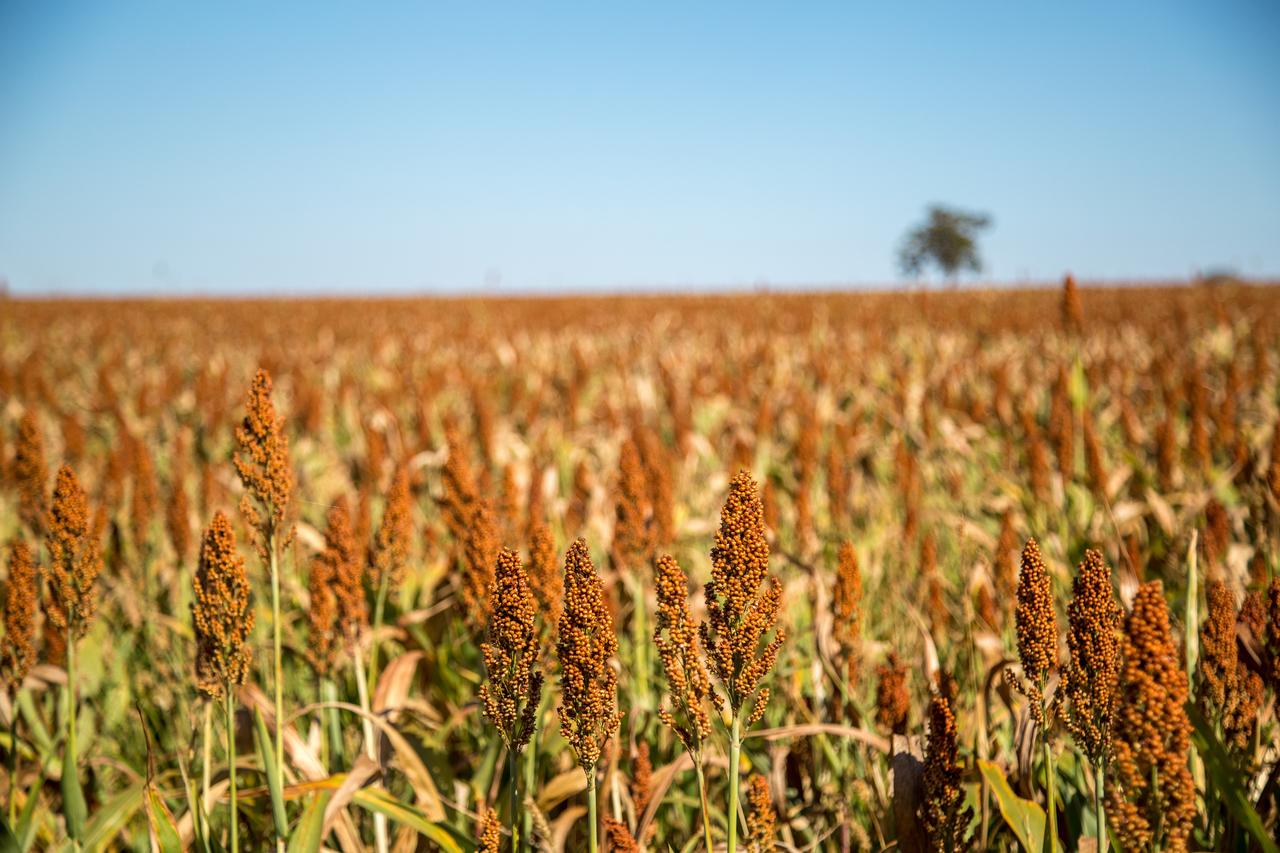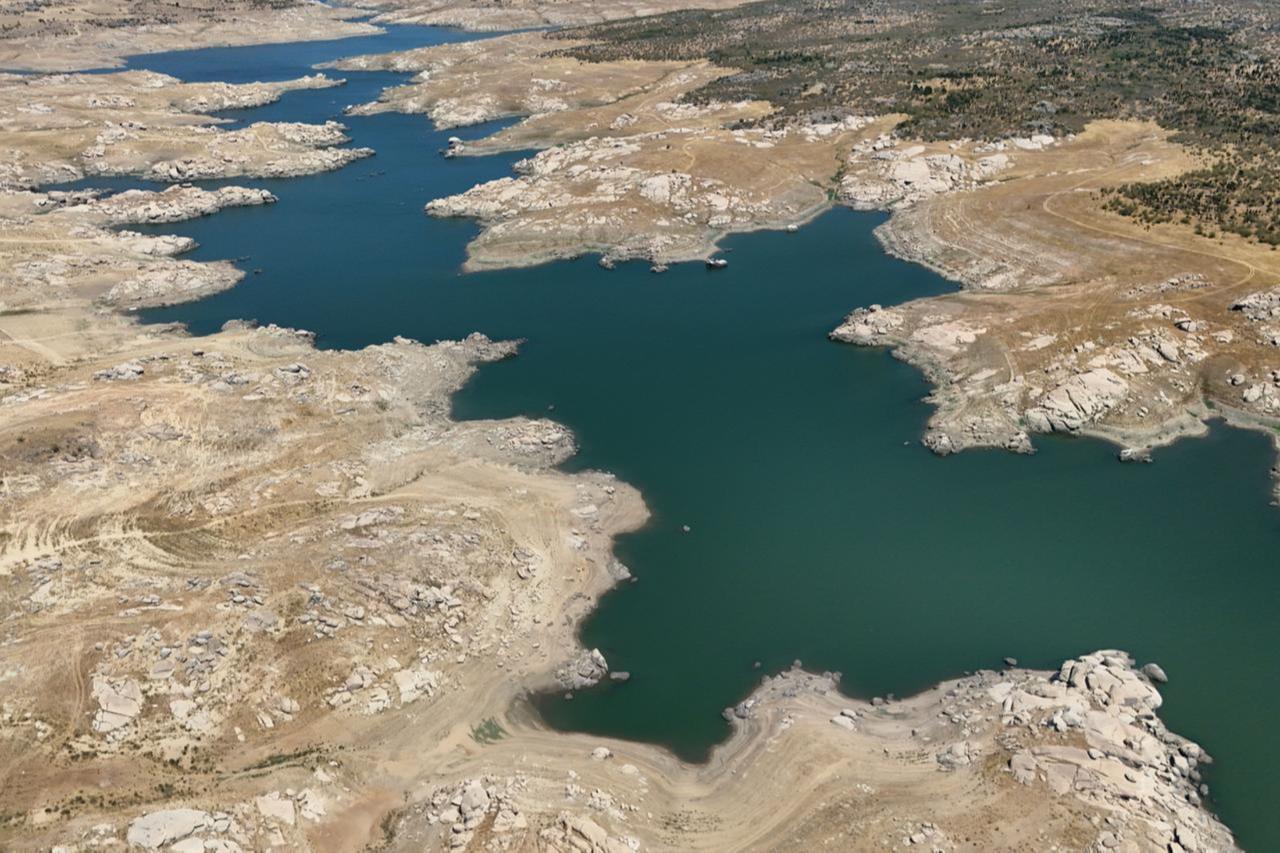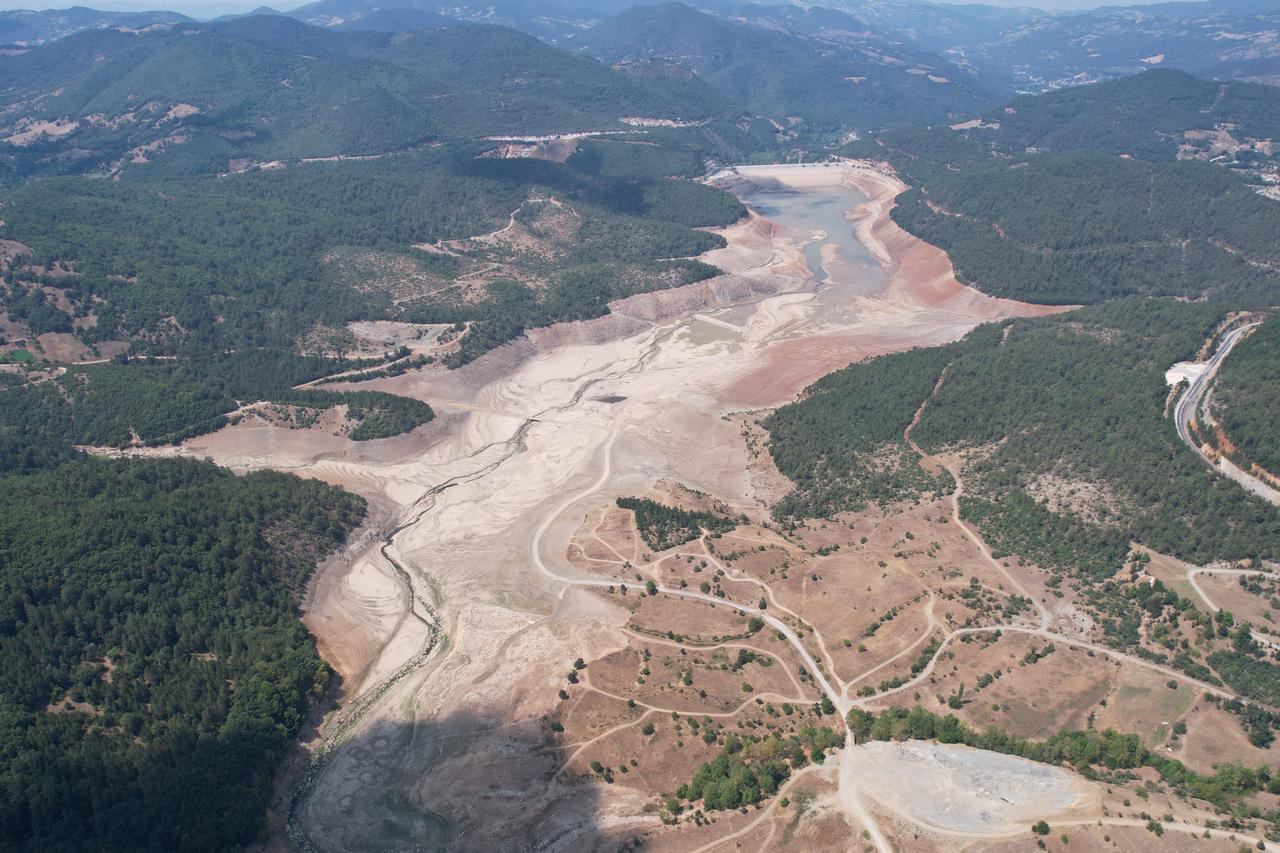
Livestock farmers in Izmir are abandoning water-intensive corn silage in favor of drought-resistant sorghum as Türkiye's Aegean region faces its worst water crisis in years, forcing agricultural adaptations across one of the country's most productive dairy regions.
The shift comes as Izmir, home to nearly 480,000 dairy cattle and small ruminants across 30,000 operations, struggles with diminishing irrigation sources.
The province, which has led Türkiye in milk production for three consecutive years, traditionally relies on 3.45 million tons of corn silage grown on 550,000 acres to feed livestock.

Prolonged drought has pushed farmers toward sorghum, a crop that requires significantly less water while providing equivalent nutritional value for dairy production.
"We are planning our production according to available water," said Mustafa Sahin, Izmir's Provincial Agriculture and Forestry Director. "We are creating our crop patterns based on existing water resources."
The number of sorghum growers in Izmir has surged from 28 in 2020 to 337 this year, while the cultivation area expanded from 451 acres to 6,000 acres. The Ministry of Agriculture and Forestry provides a 75% seed subsidy to encourage the transition.
Traditional corn irrigation requires seven to eight watering cycles, while sorghum produces similar yields with just two or three irrigations, according to agricultural officials.
Rainfall in the first eight months of this year dropped 27% compared to the previous year, with insufficient precipitation affecting both winter and summer seasons, Sahin said.
"We have begun to see the effects of global warming very clearly," he said. "We must use water very carefully in our homes, workplaces, and in agriculture."
The agricultural crisis parallels severe water shortages affecting Izmir's coastline, where popular resort destinations like Cesme now enforce 10-hour daily water cuts.
Dam levels across western Türkiye have fallen to alarming lows, with some reservoirs holding less than 1% capacity.

Zafer Yurt, a dairy farmer in Menemen district's Hasanlar neighborhood, said he planted sorghum on 45 acres after learning about the water-efficient crop.
"Because there is drought throughout Türkiye, we want to save some water," Yurt said.
"This grass is equivalent to corn in both milk and meat production—there is no difference. Most large farmers have chosen this grass."
Nearly all farmers in Izmir have adopted modern irrigation systems as groundwater levels continue to decline, Sahin said, emphasizing the need to prevent wasteful water use entirely.